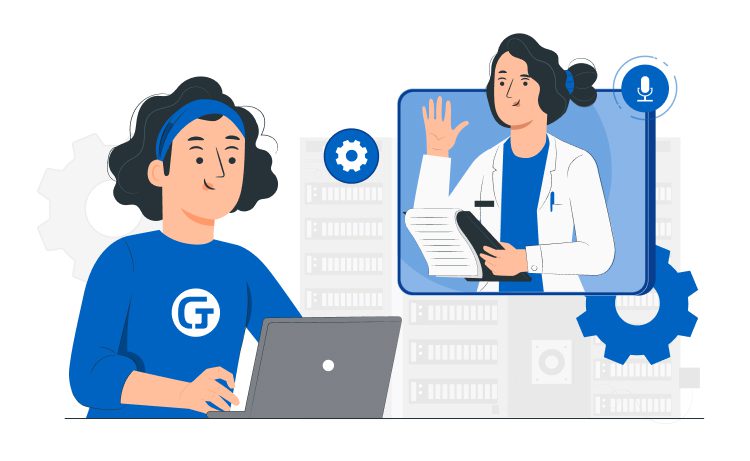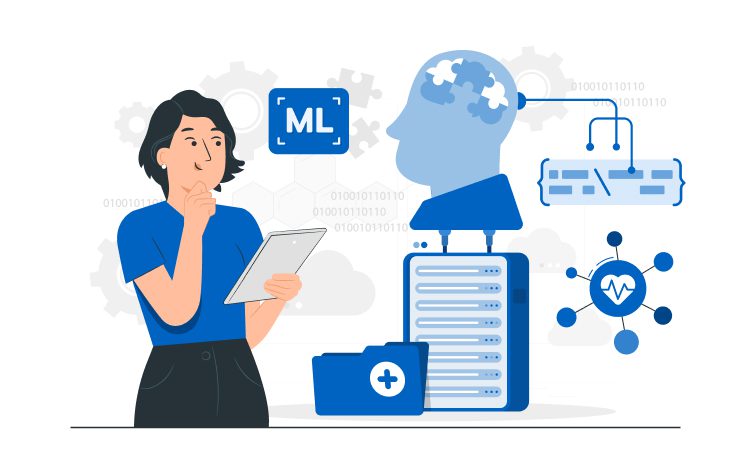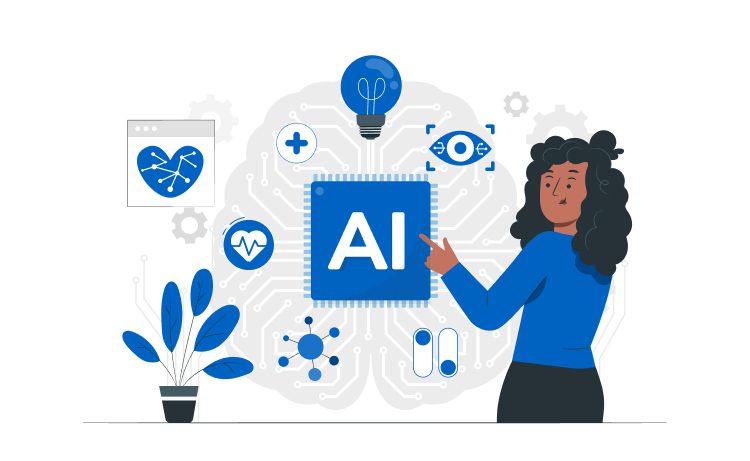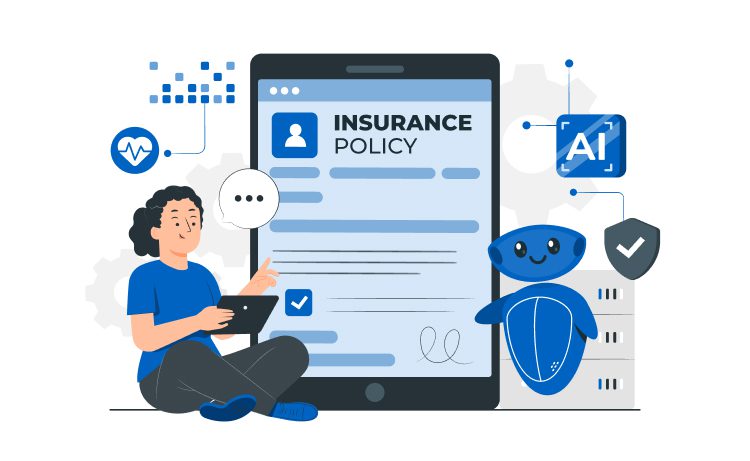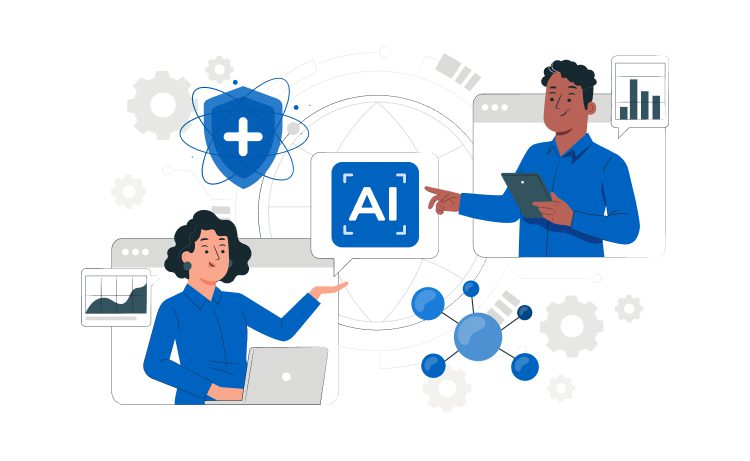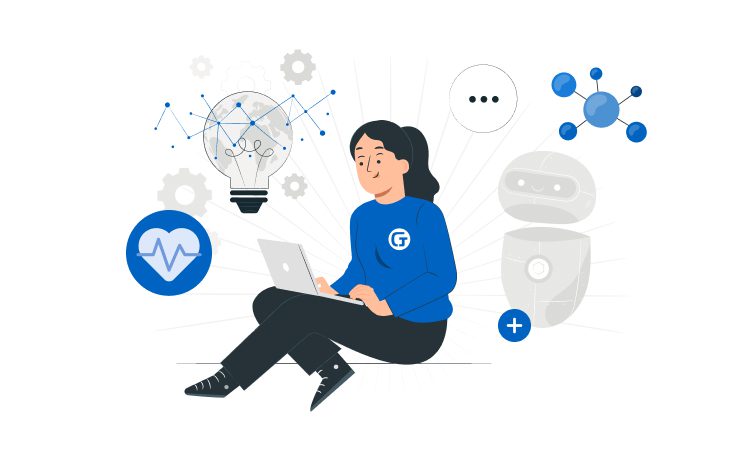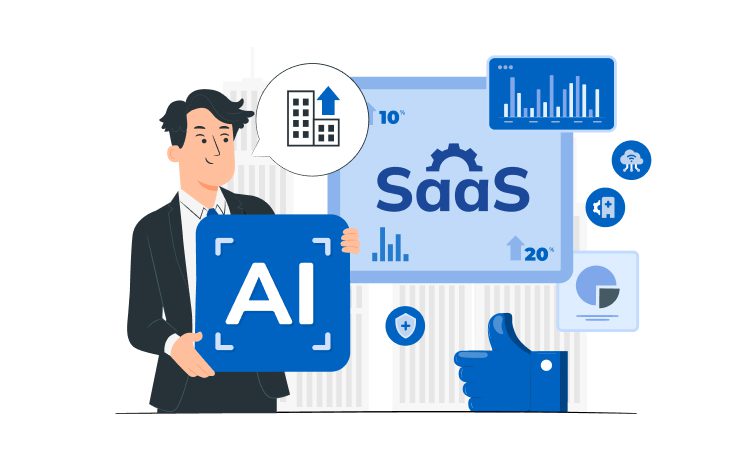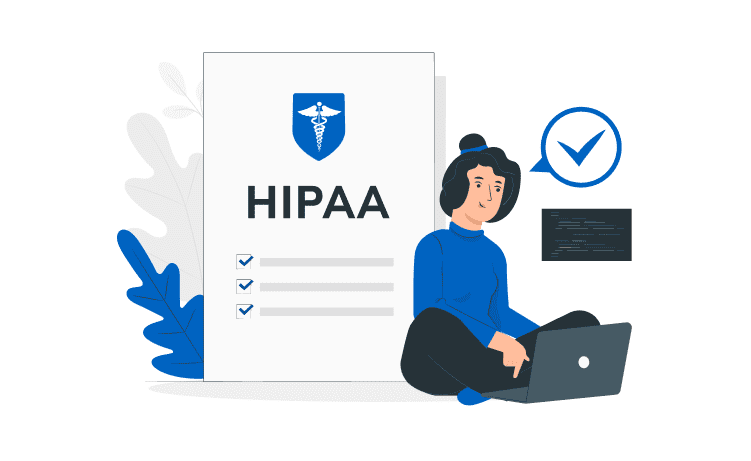
HIPAA Compliant Mobile App Development: A Detailed Look at Features, Solutions & Cost



The growing digitization of the healthcare sector brings significant opportunities but challenges, especially when protecting patient data. HIPAA, passed in 1996, sets standards for safeguarding medical information in the United States. HIPAA compliance is a non-negotiable requirement if you’re developing a healthcare mobile app. In this article, we will delve into HIPAA-compliant app development features, the solutions for achieving this, and the associated costs.
Content
Industry compliance should be at the heart of any healthcare startup’s strategy. It has key rules that serve as a mandatory basis for the development of all desktop and mobile solutions. Failure to comply with these rules means that your software and/or apps will be rejected from the market.
In the oversaturated medical technology industry, having medical solutions that comply with new rules and regulations is an important success factor. When it comes to the risk of disclosing sensitive patient information, the stakes are simply too high. Thus, the slightest mistake can cost everyone involved dearly.
The total losses from confidential data leaks can cost companies tens or even hundreds of millions of dollars. The risk is extremely high, especially in the healthcare industry, where third parties can use patient information to obtain improper benefits or commit illegal acts. In such cases, a lawsuit can be brought against the service provider and software developer responsible for the leak.
HIPAA stands for the Health Insurance Portability and Accountability Act. This regulation of the U.S. healthcare industry was first developed in 1996. Essentially, it is a federal law mandating the development of national standards to prevent the disclosure of confidential patient health information without the patient’s consent or knowledge.
HIPAA regulates healthcare providers, clearinghouses, business associates, and health plans. This rule is the foundation of the healthcare regulatory industry, and there are many HIPAA benefits for healthcare providers.
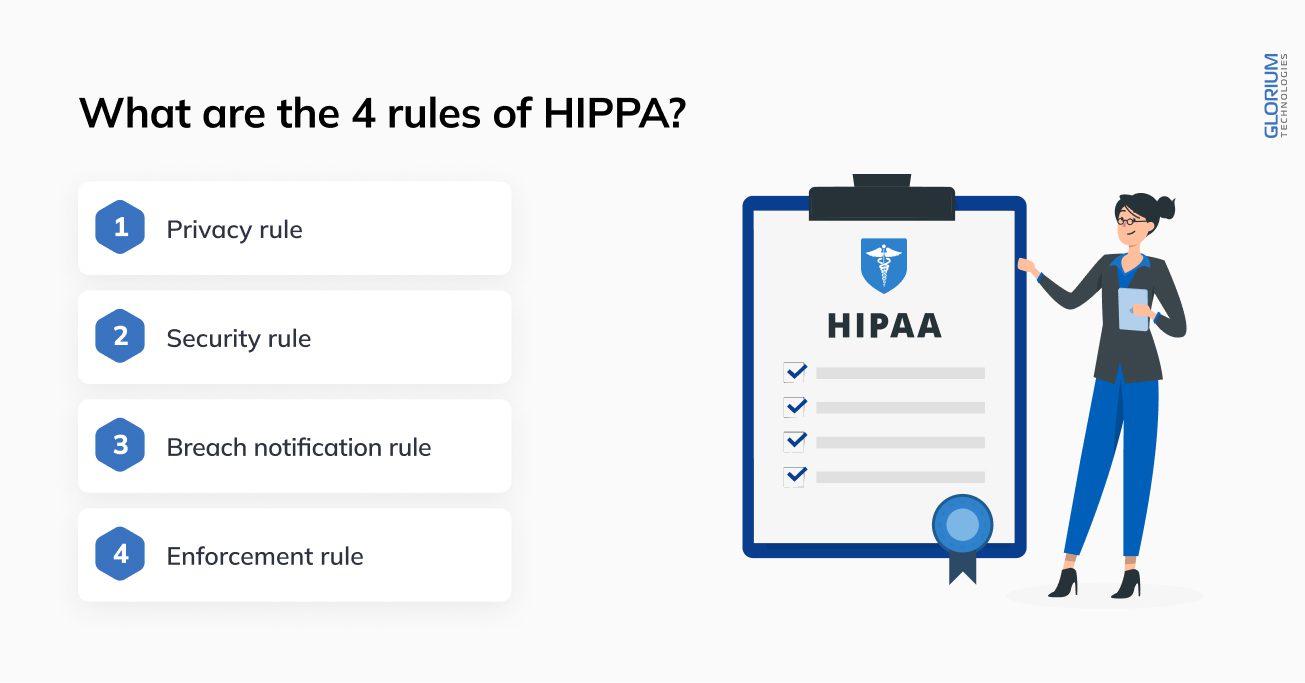
It’s worth noting that no medical application can provide customer services without HIPAA certification. This means that neither service providers nor patients can access the data, making it difficult for them to interact. That’s why it’s important to follow all requirements of HIPAA-compliant app development that meets strict HIPAA requirements and is highly secure using advanced technologies such as blockchain and encryption.
It’s no secret that regulatory compliance is essential in healthcare, especially regarding technological advances. Given the level of privacy of medical data, any breach or noncompliance can lead to costly and embarrassing consequences for patients, healthcare software providers, and medical facilities.
HIPAA compliance is required for all healthcare apps. Hospitals and healthcare providers who fail to comply with HIPAA are subject to significant fines. While an individual data breach may cost more than $50,000, it can result in millions in total damages.
Regarding technology, it’s clear that industrial digitization is a significant cause of compliance problems. Many data-enabled systems violate various industry rules, leading to data privacy issues.
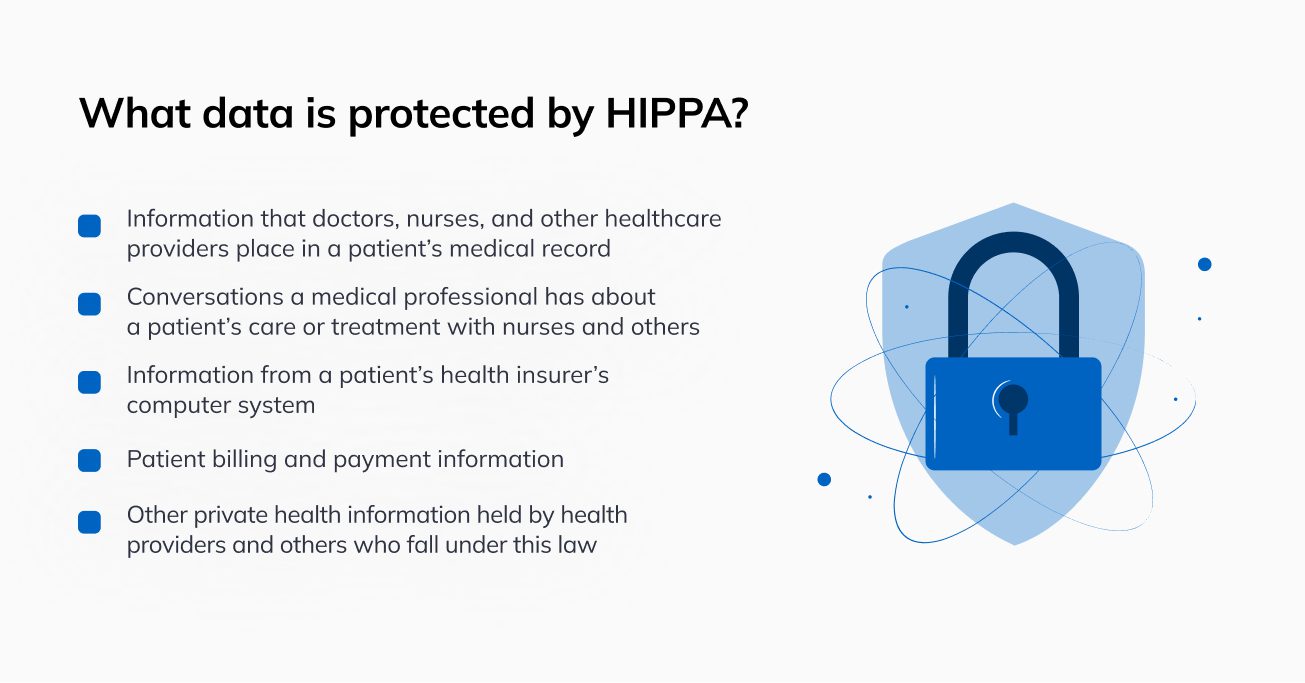
HIPAA has strict rules for handling, transferring, and storing personal data. Any modern IT architecture is built on a modular basis based on microservices. It is the engineering team’s responsibility to ensure that system security standards are met during HIPAA-compliant app development.
Explore our case studies and see how the Glorium Technologies team develops HIPAA-compliant mobile apps.
To ensure that these standards are met, it is often not enough to simply structure data streams for better information control. It is important to provide encryption of channels, secure data storage, and a multi-level authorization system.
It is important to know that HIPAA compliant app development often requires more than technical implementation, including:
- Well-written privacy and security policies
- Regular training and/or certification of employees
- Rigorous security assessments of third-party partners and vendors
- On-site incident plans
Anna VoznaAccount Executive, Glorium Technologies
In addition, we need to follow the trends of the cybersecurity industry precisely by incorporating the field’s best practices into digital solutions. This includes blockchain technology, the Zero Trust information security system, multifactor authentication, and device digital signature verification.
Essential aspects of HIPAA-compliant app development criteria include that only authorized medical personnel should have access to patient information and records. Internal espionage is, unfortunately, a common occurrence in the healthcare industry.
In this case, the information is at risk because, often, during the development of apps, there are loopholes for unauthorized access to sensitive data. This leads to problems for service providers, causing reputational and financial losses for the company.
In fact, according to the Verizon PHI Data Breach Report, many healthcare providers have access to information they shouldn’t. Intentionally or unintentionally, this leads to 56% of security breaches. In addition to proper staff training, artificial intelligence and deep learning can also detect and prevent regulatory violations through strict access controls.
But even this is not always enough to fully protect the data. There are situations where it is not the app that is attacked but the medical system to which it is connected. Thus, the certificate is forged, and the attacker gains access to the data on the server or client devices.
To ensure HIPAA compliance, your app must have clear, traceable processes for every action involving Protected Health Information (PHI). Vendors that provide mobile app development services build audit trails and safeguard data integrity from the start.
Here are the key challenges that stall the development process:
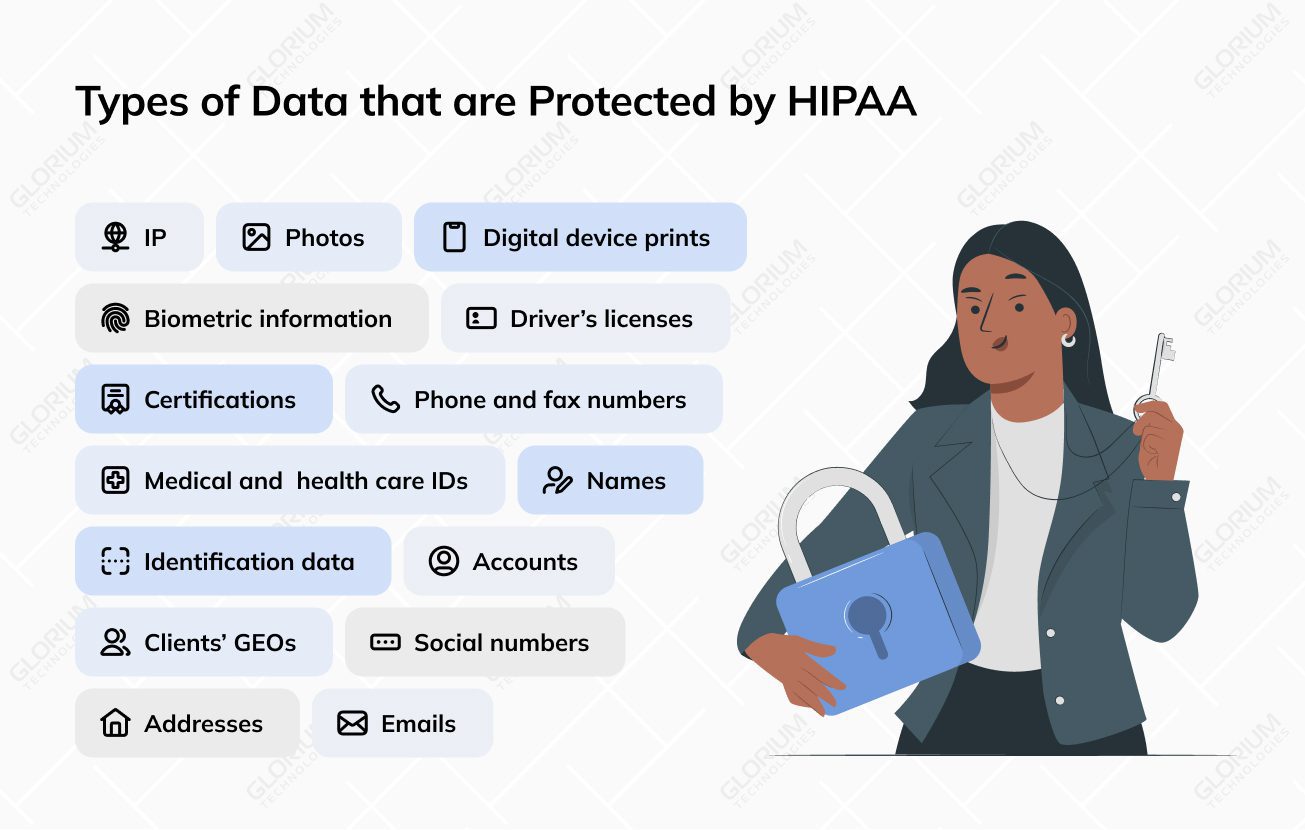
Here’s how to build and audit controls and integrity:
We recommend focusing on these technical and procedural aspects from the initial design phase. You can create a strong foundation of trust and integrity right away by making ongoing compliance audits more straightforward and less prone to costly violations.
As healthcare businesses gradually move to digital platforms, data security is becoming an increasingly important issue. According to Gartner, privacy restrictions pose major risks for most companies, including those in the healthcare industry.
This is a serious issue, with 41 million medical records being compromised in 2019. The accumulation of sensitive patient data, medical records, and smart data from medical wearable devices is becoming a target for devastating and costly cyberattacks and data breaches. There have been countless cases where a single data breach or systematic noncompliance with HIPAA requirements has resulted in significant financial losses.
Significant financial losses are the millions of dollars per year that companies compensate their customers for the damage caused by the loss of important data. Add to that the cost of litigation and the cost of software upgrades, and you get a bill that exceeds the basic investment in developing a HIPAA-compliant digital solution.
Because there are different types of data sources and tiers, conversations about artificial intelligence for healthcare data protection are long and varied. However, regarding compliance, the main U.S. medical regulatory set, HIPAA, regulates some forms of patient data. As a result, organizations and developers must adhere to these standards during HIPAA-compliant app development.
HIPAA-compliant app development involves a thorough understanding of the regulatory framework and implementing stringent security measures. Here is a step-by-step guide to developing a HIPAA-compliant healthcare app.
The first step is understanding what HIPAA covers and how it applies to mobile apps. This includes understanding the Privacy, Security, and Breach Notification Rules. For example, you should understand the types of protected health information (PHI), what constitutes a violation, and what penalties might be involved. If you’re unsure, consulting with a HIPAA expert can help.
Your app will need to identify and classify any PHI that it handles. This includes any information that can be used to identify an individual related to their health status, care, or payment for care.
At its core, HIPAA is about security. HIPAA-compliant apps need robust security measures, including encryption, user authentication, automatic log-off, and secure APIs. The app should ensure secure transmission, storage, and disposal of PHI. Additionally, the app should include an emergency access procedure to ensure PHI is accessible during a crisis.
Role-based access ensures that only authorized individuals have access to sensitive data. This means implementing user roles and permissions, and ensuring that each user can only access the information necessary for their job.
Regular audits help to identify potential HIPAA violations and maintain compliance. It would help if you considered logging all access to PHI and regularly reviewing these logs for any discrepancies.
In case of a breach, a strategy should be in place for managing the risk and minimizing the impact. This should include regular data backups, a disaster recovery plan, and a data breach response protocol.
Though not legally required, obtaining a certification from a reputable third-party auditor can help ensure compliance and instill trust in your users. It’s a testament that your application has gone through stringent compliance checks.
Training and awareness are an integral part of HIPAA compliance. Your users, especially healthcare professionals, should understand how to use the app in a way that maintains HIPAA compliance.
Compliance is not a one-time thing but a continuous process. Changes in technology, regulations, or how your app works may require changes in your compliance strategy. Regular audits, updates, and training can ensure ongoing HIPAA compliance.
HIPAA-compliant software development can be complex and requires a thorough understanding of industry regulations. However, the importance of protecting patient data makes it worth the effort.
As an expert outsourcing company in the healthcare industry, Glorium Technologies offers complete HIPAA-compliant app development solutions that meet regulatory standards, ensuring the privacy and security of sensitive health data while offering a seamless user experience.
The latest case study with a HIPAA-compliant mobile application is mobile app for physiological monitoring and biofeedback. Our client required the incorporation of specialized sensory technologies such as biofeedback, neurofeedback, heart rate variability, and electromyography for therapeutic utilization. Additionally, they underscored the importance of generating user-friendly and readily accessible diagnostic reports.
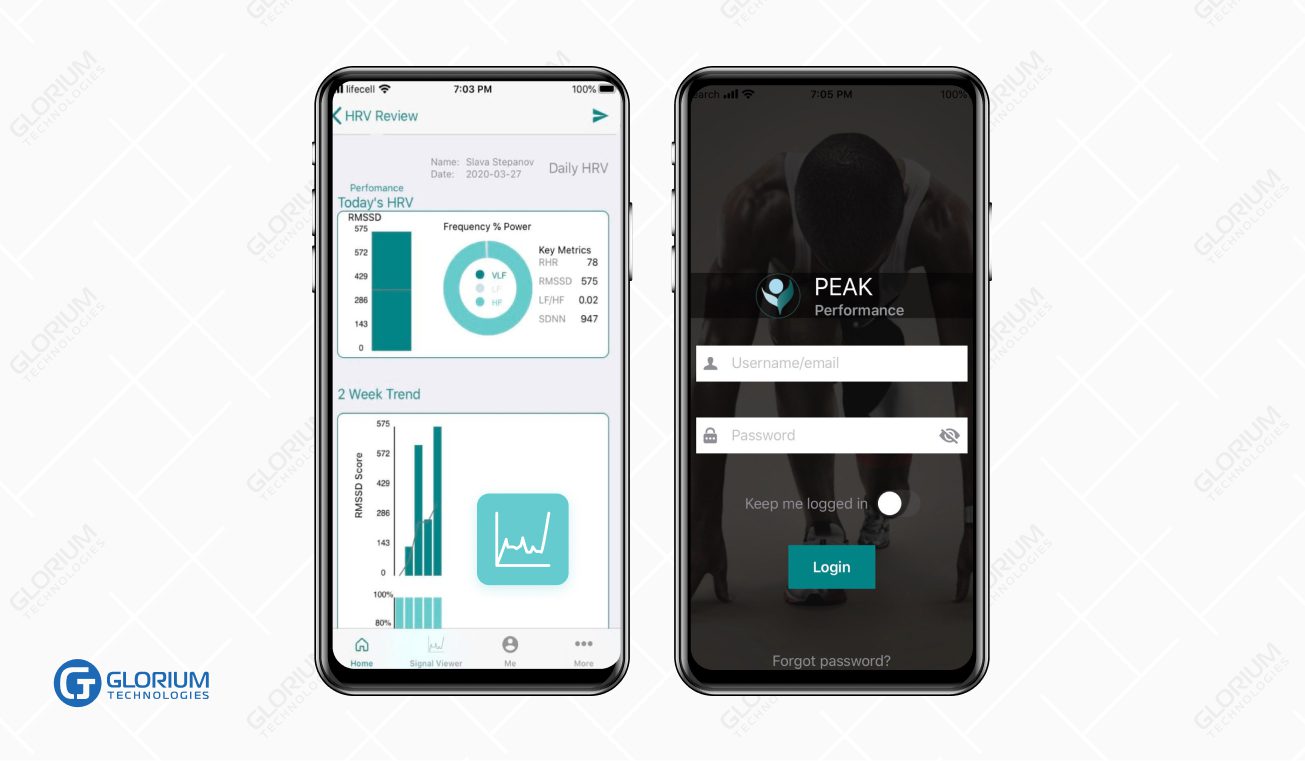
The Glorium Technologies team has developed a top-notch mobile application for Android and iOS devices that seamlessly integrates with hardware through the BLE protocol. Additionally, our developers have created specialized quick evaluation protocols and robust reports that cover all evaluations. Our team developed a self-regulation screen that incentivizes performers to stay engaged and achieve their personal best during training sessions, featuring additional features such as courses, games, two types of calendars (monthly and weekly), and a daily diary.
Sometimes, HIPAA compliance fails in less obvious areas—oversights in process, partnership, and human factors that can quietly introduce risk. Even a technically sound HIPAA-compliant application can fall out of compliance if these foundational elements are missed:
You won’t be able to comply with all the necessary HIPAA regulations without the help of a professional developer unless you have the proper experience. As a result, working with an experienced software vendor who can help you with essential consultations and system audits is preferable.
It is better to hire an experienced team to handle the entire HIPAA-compliant mobile app development process. We recommend working with an expert company that has proven experience with similar solutions, whether you are a startup or a large medical enterprise.
Finding a reliable partner for HIPAA-compliant software development is vital to ensuring the success and legality of your healthcare app. Here are the steps you should follow to select the right partner:
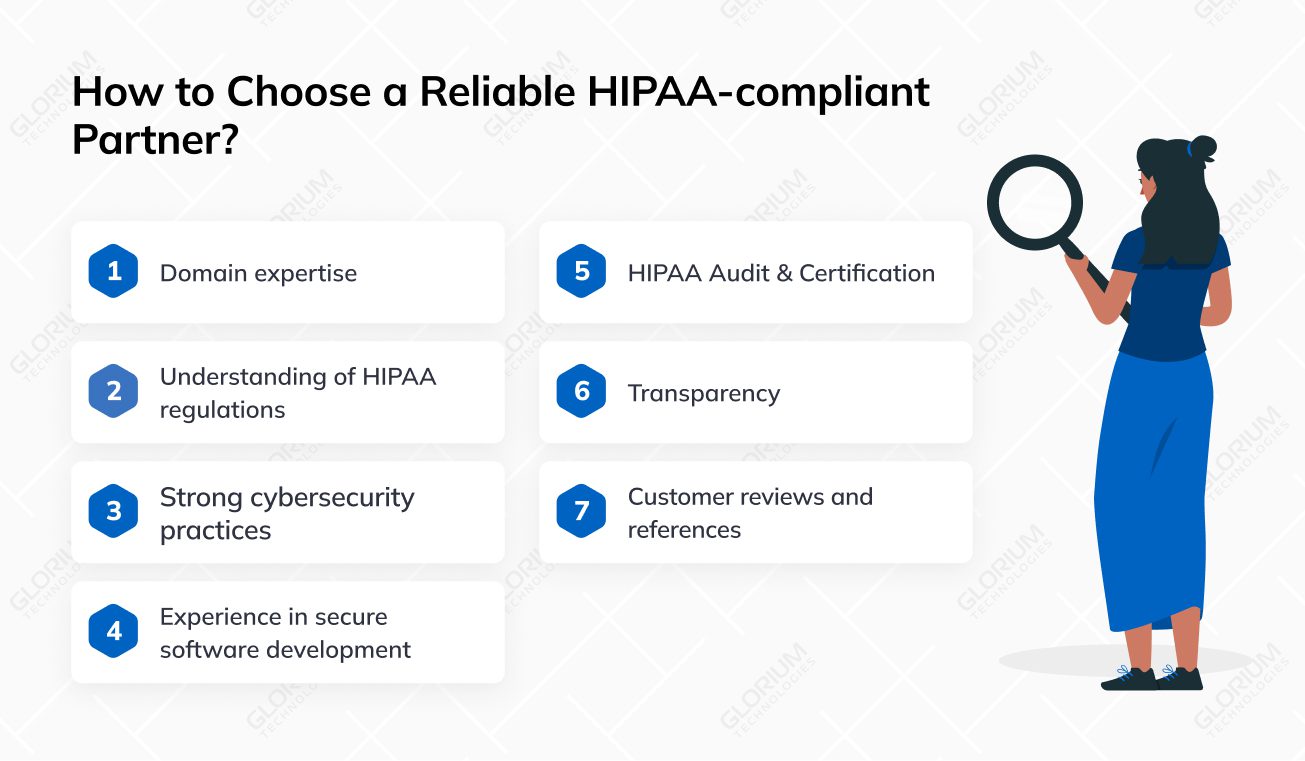
Eliminating risk for your company and customers is a priority that cannot be compromised. Learn more about our healthcare software development solutions today.
Remember, a HIPAA-compliant app requires an ongoing data privacy and security commitment. The right development partner can make the process smoother and more manageable, allowing you to focus on improving patient outcomes while they handle the technicalities of compliance.
Many elements, including product complexity, development duration, technology set, team size, development speed, and more, determine the total cost.
A fully functional, HIPAA-compliant software development costs, on average, about $50,000. This cost includes building the entire system, which must meet physical and technical security requirements. Besides, developers will also need to vet the system and obtain the necessary certifications.
Instead of developing a HIPAA-compliant mobile app from scratch, developers can use HIPAA-compliant infrastructure and solutions. However, when working with third-party vendors, it’s up to you to ensure they’re reliable when storing and processing PHI.
In addition, the expertise of the project participants will improve the quality of the digital product for medicine and provide your consumers with a top-notch UX, which will positively impact the entire enterprise’s performance and profitability.
As an expert outsourcing company in the healthcare industry, we offer complete HIPAA-compliant app development solutions that meet regulatory standards, ensuring the privacy and security of sensitive health data while offering a seamless user experience.
Glorium Technologies, with our extensive experience and specialized skills in healthcare development, can be your trusted partner in HIPAA-compliant mobile app development. Here’s how we can assist you:
Choosing Glorium Technologies as your development partner means choosing a team that understands the nuances of healthcare, the importance of HIPAA compliance, and the value of a well-designed app. Ready to build HIPAA compliance features in your digital health solutions? Let’s have a quick chat. Request your free intro call with Glorium Technologies.
Here are the necessary features for secure data handling:
Protecting PHI security begins long before an app launches. Reputable healthcare app developers follow a “security-by-design” approach with these key practices:
HIPAA is a standard for protecting user data privacy in healthcare systems and specialized software options. It is based on consumer information security laws and regulations that ensure quality institutional customer service and privacy concerns.
Apps without the support of these standards will not pass certification and will not receive accreditation from regulators. This means that it will be impossible to work through IT solutions without HIPAA or GDPR. Users will not be able to receive services from specialists, and doctors will not be able to provide them to clients.
Mandatory. This protocol allows the implementation of provider databases and software integration with healthcare systems. It aims to standardize data exchange formats and universalize methods of working with them through APIs.
From 6 months for MVP. Healthcare software development continues throughout the entire lifecycle of the IT product. All components of the digital solution are continually upgraded and improved.
It has an impact but doesn’t compare to the company’s losses from user data leaks. On average, developing apps for a healthcare system is 30% more expensive than creating ordinary software.
Yes. An expert software development service provider values its reputation and works with integrity. Besides, in any case, you will sign an NDA with the executors, and you will be relieved of responsibility for the wrongful actions of the contractor in case of problems with them.
Financial losses, lawsuits, and even criminal liability.
Legal Repercussions:
Data Breaches:
Operational Disruptions:
The fact is that the state regulator simply does not accredit such software for work in the health care system.

